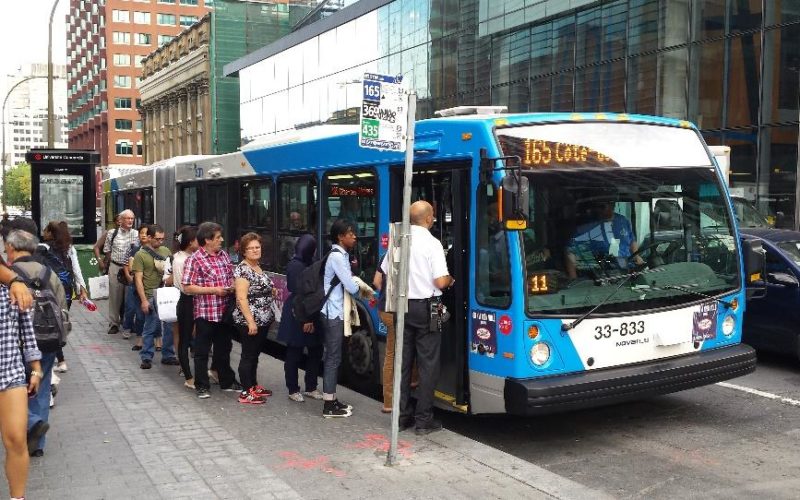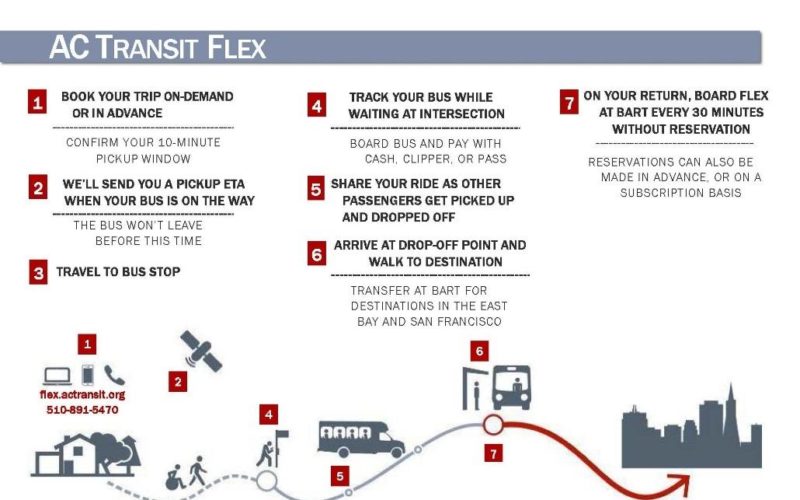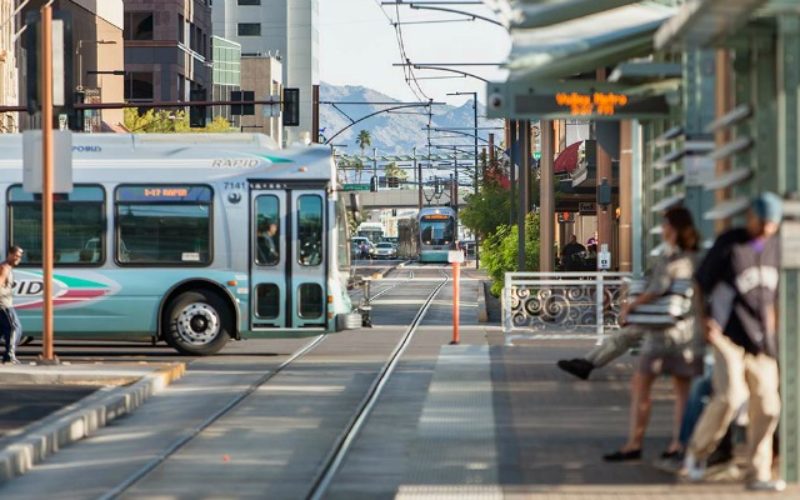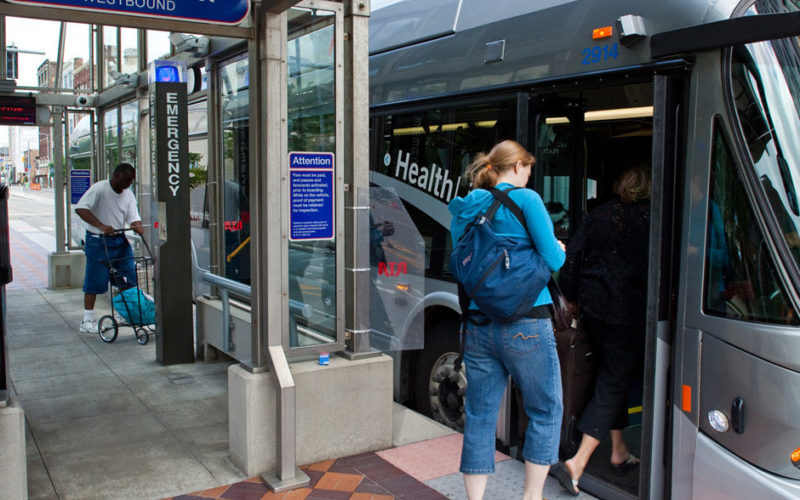Early this decade, transit agencies benefited from the entrance into the workplace of transit-loving young people. Some of those riders may now “age away” from transit, unless cities and transit agencies adapt.
Read MoreOur latest Ridership Initiative guest post about equitable transit-oriented development comes to us from Eleni Bardaka, an Assistant Professor at North Carolina State University, and John Hersey, a senior TOD associate at Denver’s RTD.
Read MoreThe SFMTA is undertaking an ambitious new program to improve real-time information for transit customers, making it easier to choose transit in one of the nation’s most diverse mobility ecosystems
This Ridership Initiative post, an interview with MBTA Director of Fare Policy and Analytics Laurel Paget-Seekins, is our latest showcasing the voices of transit agency staff who are working to understand and respond to declining ridership in their system.
While many factors influence transit ridership, a study from McGill University highlights the most important one: cities must properly fund their public transit operations, especially bus services, to ensure a steady increase in ridership.
AC Transit has launched an on-demand transit pilot as part of an effort to address declining ridership, improve service quality, and redesign its network in low-density, low-demand areas.
We're excited to make the raw data from our recent transit ridership analysis publicly available!
Are you a transit advocate, data journalist or map nerd?
When it comes to increasing transit ridership, fare policy is an underutilized strategic tool. But a few transit agencies are demonstrating how it can be used to attract (or in some cases, repel) transit riders.
Read More







